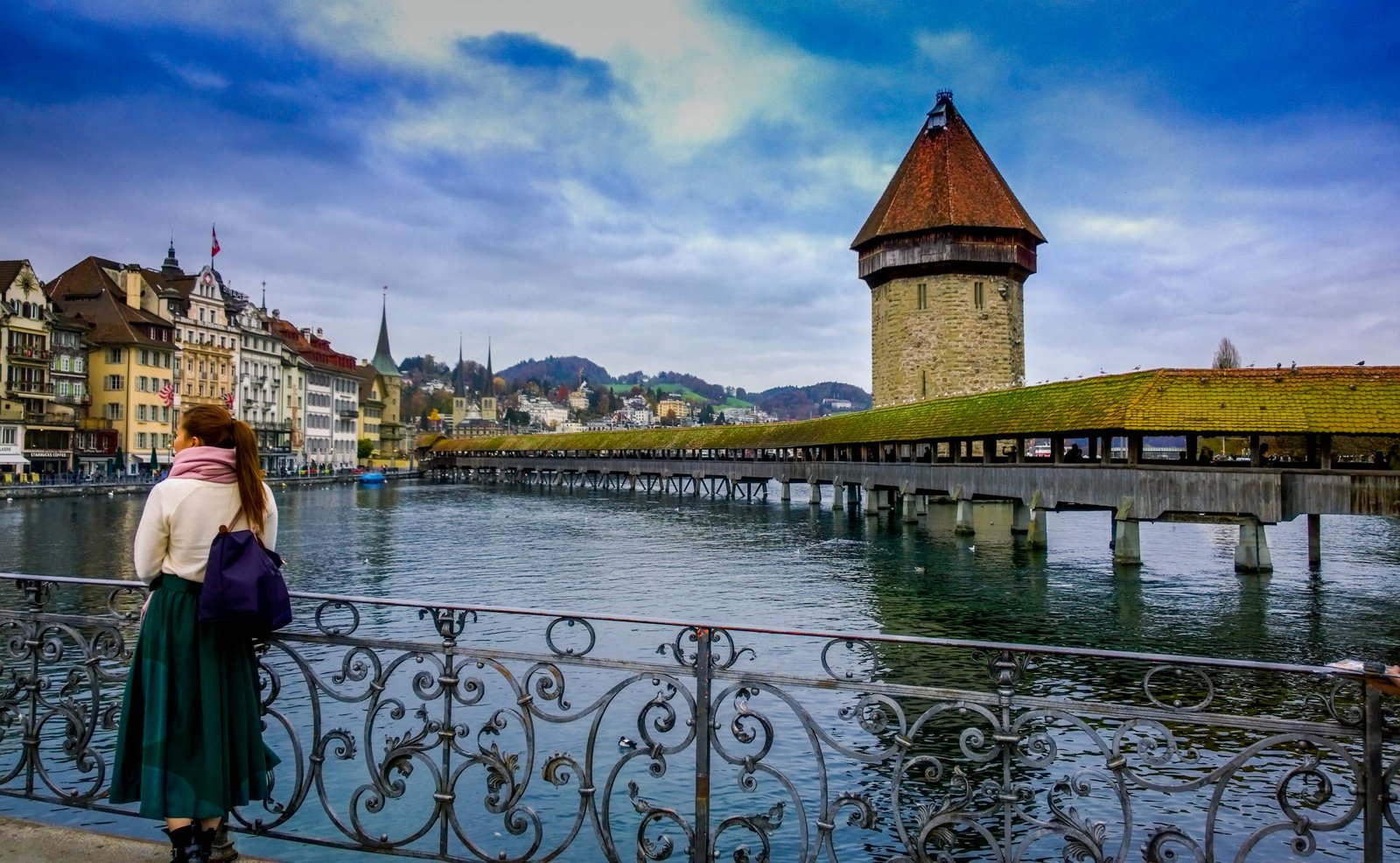What Language Do They Speak In Switzerland
 Switzerland, a country renowned for its picturesque landscapes and rich cultural heritage, is equally fascinating for its linguistic diversity. For travelers, expatriates, and those with a keen interest in Swiss culture, understanding the languages spoken in Switzerland can enhance your experience and appreciation of this unique country. Be forewarned that Switzerland has a diverse landscape made up of several languages.
Switzerland, a country renowned for its picturesque landscapes and rich cultural heritage, is equally fascinating for its linguistic diversity. For travelers, expatriates, and those with a keen interest in Swiss culture, understanding the languages spoken in Switzerland can enhance your experience and appreciation of this unique country. Be forewarned that Switzerland has a diverse landscape made up of several languages.
Official Languages of Switzerland
Switzerland prides itself on its multilingual status, officially recognizing four languages: German, French, Italian, and Romansh. This linguistic variety reflects the country’s diverse cultural influences and regional identities.
German
German is the most widely spoken language in Switzerland, with approximately 62% of the population using it as their primary language. Predominantly spoken in central and eastern Switzerland, Swiss German, or “Schweizerdeutsch,” encompasses a range of dialects that can differ significantly from High German, the standard form used in Germany. These dialects can be challenging even for native German speakers to understand, but they add a rich, distinctive flavor to Swiss culture. German’s influence is pervasive in Swiss media, education, and government, making it a vital part of daily life in many regions.
French
In western Switzerland, particularly in cities like Geneva and Lausanne, French is the dominant language, spoken by about 23% of the population. While the French spoken in Switzerland is largely similar to standard French, there are subtle differences in pronunciation and vocabulary that distinguish Swiss French. The cultural impact of French is profound, contributing significantly to Swiss literature, cuisine, and the arts, infusing the region with a distinctly Gallic charm.
Italian
Italian is spoken by around 8% of the Swiss population, primarily in the southern canton of Ticino and parts of Graubünden. Swiss Italian closely resembles standard Italian, though it has its own unique regional characteristics. The Italian-speaking region of Switzerland is known for its beautiful architecture, vibrant music scene, and lively festivals, all of which are imbued with the warmth and zest of Italian culture.
Romansh
Romansh, the least common of Switzerland’s official languages, is spoken by about 0.5% of the population, mainly in the canton of Graubünden. Romansh is a Romance language with five main dialects, each with its own unique features. Despite its limited number of speakers, there are significant efforts to preserve and promote Romansh, reflecting Switzerland’s commitment to its cultural heritage and linguistic diversity.
Multilingualism in Switzerland
In Switzerland, multilingualism is woven into the fabric of daily life. Education systems are designed to teach children multiple languages from a young age, ensuring that most Swiss citizens are fluent in at least two languages. Public signage, official documents, and media are often available in multiple languages, making navigation and communication accessible to everyone. The Swiss political system and federal administration operate in all four official languages, demonstrating the nation’s dedication to inclusivity and representation.
Language Learning and Integration
For expatriates and newcomers, Switzerland offers numerous opportunities to learn its languages. Language schools, community courses, and online resources provide ample support for language learners. Proficiency in one or more of Switzerland’s languages is crucial for social and professional integration, enabling newcomers to fully participate in and contribute to Swiss society. Moreover, understanding the local languages fosters deeper connections with Swiss residents and a greater appreciation for the country’s cultural nuances.
Diverse linguistic landscape
Switzerland’s linguistic landscape is as diverse and captivating as its natural scenery. Embracing this diversity is key to truly experiencing and appreciating Swiss culture. Whether you’re navigating the bustling streets of Zurich, enjoying a café in Geneva, exploring the lakeside beauty of Lugano, or venturing into the mountains of Graubünden, a basic understanding of the local languages can enrich your journey and deepen your connection to this remarkable country.
There are numerous resources available if you would like to learn more about the languages spoken in Switzerland. Consider exploring language learning books, online courses, and websites dedicated to Swiss languages. Additionally, Swiss language and cultural organizations offer valuable insights and opportunities for practice, helping you to immerse yourself fully in Switzerland’s rich linguistic heritage.







